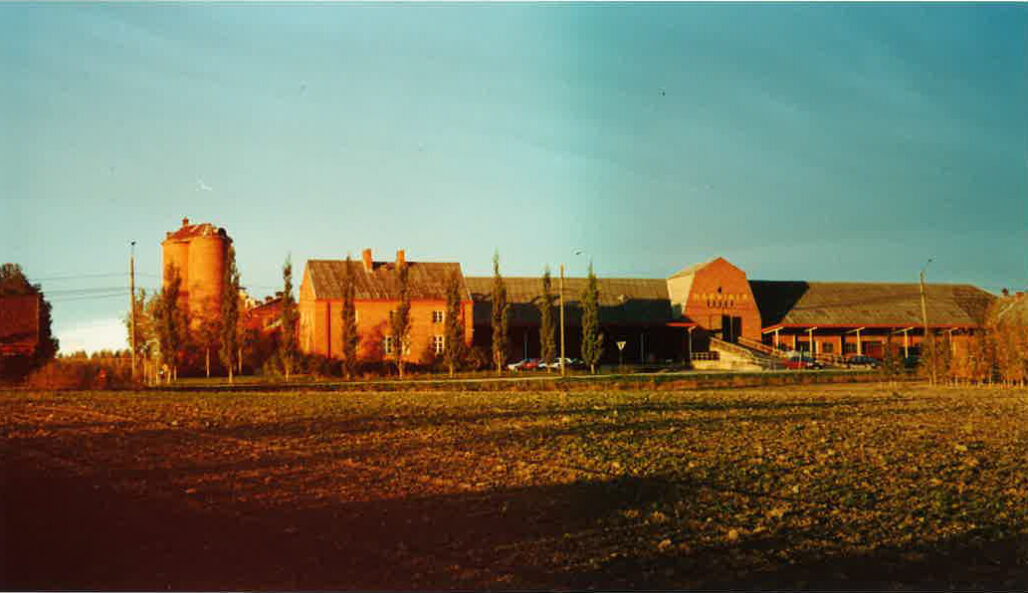
History of Harviala
On those fields, the crofters and laborers with their wives and children toiled long days in sweat, serving their ‘masters’ with a loyalty and sacrificial spirit that is almost incomprehensible to us modern people.
Quote: Akseli Salokannel, Vanajan kirja 1, 1955
Like almost every other village in Janakkala, the history of Harviala also features a manor. Many warlords, knights, land marshals, and nobles passed through the halls of the Harviala manor as it changed hands from one family to another for nearly 500 years. Later, the manor was sold several times. The current landscape, characterized by the nursery operations, can be traced back to when the shares of Harviala Oy, formed from the estate, were sold to W. Rosenlew & Co Ltd in 1913. At that time, the total area of the estate was a staggering 13,500 ha. In the 1920s, Harviala invested in cattle breeding. The massive tiled barn, Alikartano, which is now used by the nursery, still tells of the large number of cattle. Harviala Oy has divested from agriculture, forestry, and livestock farming, focusing instead on the wholesale of ornamental plants, especially domestic deciduous and coniferous trees.
The manor changed ownership in 2020, and a variety of new activities are emerging in the area. Cafe Konttori opened its doors in the autumn of 2024. In the charming manor milieu, the world-famous Ruokangas electric guitars are also produced.
Harviala also housed one of the three railway stations in Janakkala. A unique feature of the area was the forest railway completed in 1917, which was preceded by a horse-drawn railway. The forest railway was mainly used for transporting timber from the vast forests, first to be floated into the river and later to be loaded onto trains at the railway station. Traffic on the forest railway ceased in 1955, and it was dismantled under the road that followed the same route.